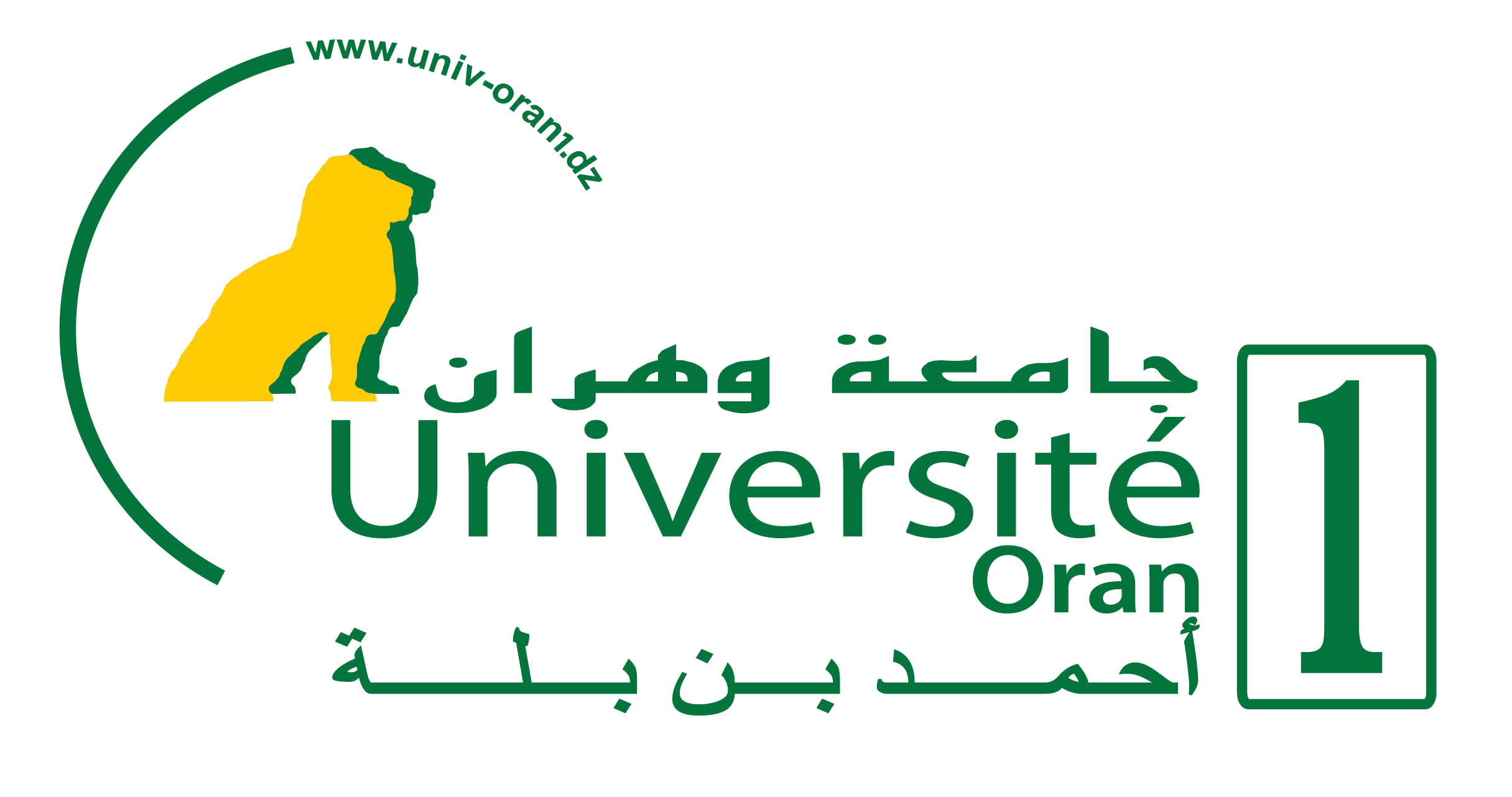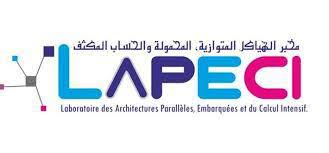EDiS2020 schedule (time in UTC+1)
November 03, 2020
| 09:00 | Opening (video) | Duration |
| 09:30 |
Keynote
I: Carlos T. Calafate (Technical
University of Valencia, Spain): UAV solutions
based on wireless communications. (video of the presentation, video on the day of the conference) Session chair : Pr Lipari Giuseppe, Cristal, Lille, France. |
25min |
| 10:00 |
Keynote
II: Smail Niar (Université Polytechnique
Hauts-de-France): AI-based embedded systems for autonomous
driving. (video of the presentation, video on the day of the conference) Session chair: Pr Philippe Devienne, Cristal, Lille, France. |
25min |
|
10:30 - 11:20 |
SESSION 1 : REAL TIME, EMBEDDED SYSTEMS AND PARALLEL
COMPUTING (video)
Session chair: Pr Amine Abdelmalek, Saida, Algeria.
|
50min |
|
11:20 - 12:10 |
SESSION 2 : INTERNET OF THINGS (video)
Session chair: Pr Bouabdellah Kechar, RIIR, UO1.
|
50min |
|
12:10 - 12:35 |
Keynote III: Antonio F. Skarmeta (University of Murcia, Spain):
Advanced IoT-based Platforms for Smart Infrastructure: Projects
DEMETER and WATERMED. (video of the presentation, video on the day of the conference) Session chair: Pr Pierre Boulet, Cristal, Lille, France. |
25min |
|
12:40 - 13:30 |
Lunch | 50min |
|
13:30 - 14:20 |
SESSION 3 : MULTI-OBJECTIVE OPTIMIZATION IN COMPUTER
NETWORKS USING METAHEURISTICS (video)
Session chair: Pr Yahia Lebbah, LITIO, UO1.
|
50min |
|
14:20 - 15:10 |
SESSION 4 : DISTRIBUTED SYSTEMS AND NETWORKED
SYSTEMS (video)
Session chair: Pr Karim Bouamrane, LIO, UO1.
|
50min |
|
15:10 - 16:00 |
SESSION 5 : HARDWARE DESIGN FOR
EMBEDDED AND DISTRIBUTED SYSTEMS (video)
Session chair: Pr Hafid Haffaf, RIIR, UO1.
|
50min |
|
16h00 - 16:30 |
SESSION 6 : POSTERS (video)
Session chair: Pr Mohamed Senouci, LAPECI, UO1.
|
30min |
|
16:30 - 17:00 |
Debate and closure of the conference (video) | 30min |
The conference will be organized in mainly two parts:
Part I : 10 days before the conference
Keynotes, presentations, and papers are made available to all participants to the conference. If you were subscribed as an author, you should have received a slack invitation and we ask to join the slack channel associated with your presentation. If you were subscribed as a participant, you will receive an invitation very soon.Slack is a communication platform that offers persistent chat rooms (channels), allowing direct messaging. Each paper and keynote has a dedicated channel entitled #[type][title]. Every channel is moderated by the chair of the session corresponding to the paper of interest. At the beginning of each Slack channel you will find the PDFs of the paper and of the slides as well as the link to the YouTube video. If you have any questions to an author, simply ask on the Slack channel, and the author can reply by direct messaging or on the second step of the conference. Similarly, you can ask our keynote speakers, which will be more than glad to reply to your questions.
Part II : The day of the conference (November 3, 2020)
The conference starts at 09:00 (UTC+1). You will be connected in addition to slack, to a dedicated Zoom meeting, where you will have the chance to chat directly by camera/voice with the authors and keynotes. The link to the Zoom meeting will be shared on the general Slack channel.The time slot for questions/discussions for the keynotes is 25 minutes per keynote. Each regular paper will get from 7 to 10 minutes of questions/discussions according to the conference timing constraints. Each poster will get 5 minutes of time slot. The session chair may also pick a question from a channel to ask it directly to the authors, even if a reply has been given in a private room, for the sake of sharing.
The program of the conference is now available. Click here to download.

